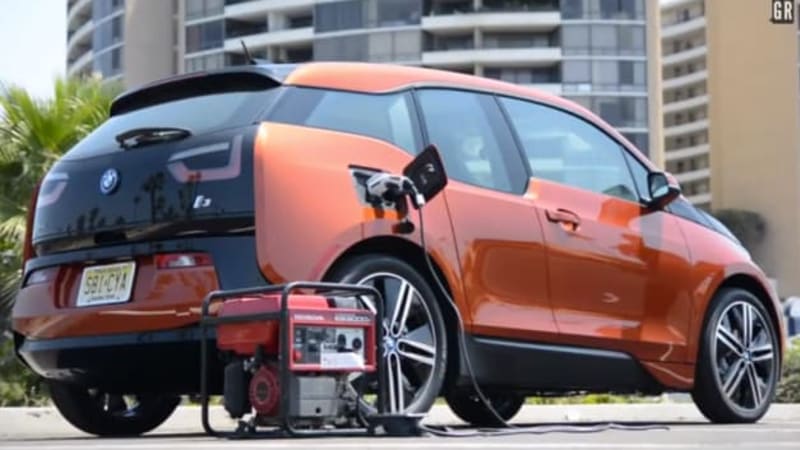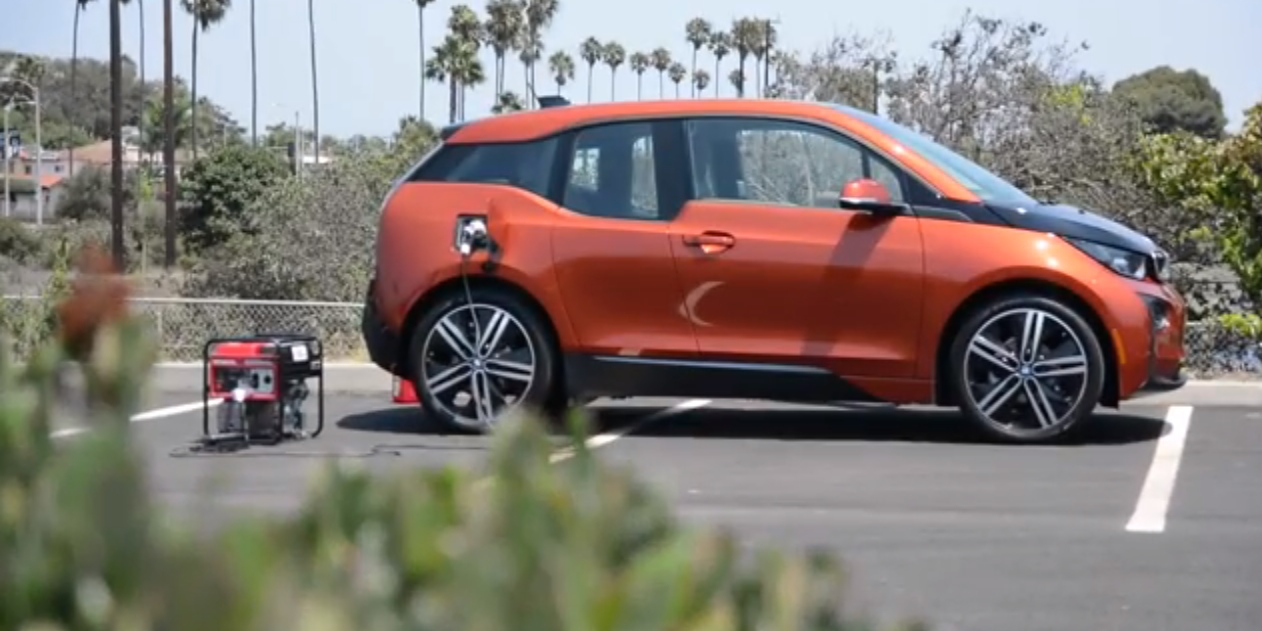HTSS_TR
Thread starter
Originally Posted By: Shannow
Cool, you two have clearly got my point.
"range extender" implies that you keep doing what you are doing.
"limp home" implies exactly that, they won't leave you stranded...uncomfortable, but notstranded.
Mt old man was not dumb by any stretch but if he had "120 miles on battery" and then "50 miles on gas", he would plan on using every single one of them...if he was told he would be stuck at 35MPH for that 50 miles, he'd have never though of that as part of his range.
CARB regulations over the last 10-15 years for ZEV is a mess. They changed it many times to accommodate various manufactures' capability in producing ZEV.
BMW probably just made i3 to satisfy ZEV quota with CARB, and customers are stuck with inadequate performance after battery went dead.
Cool, you two have clearly got my point.
"range extender" implies that you keep doing what you are doing.
"limp home" implies exactly that, they won't leave you stranded...uncomfortable, but notstranded.
Mt old man was not dumb by any stretch but if he had "120 miles on battery" and then "50 miles on gas", he would plan on using every single one of them...if he was told he would be stuck at 35MPH for that 50 miles, he'd have never though of that as part of his range.
CARB regulations over the last 10-15 years for ZEV is a mess. They changed it many times to accommodate various manufactures' capability in producing ZEV.
BMW probably just made i3 to satisfy ZEV quota with CARB, and customers are stuck with inadequate performance after battery went dead.


